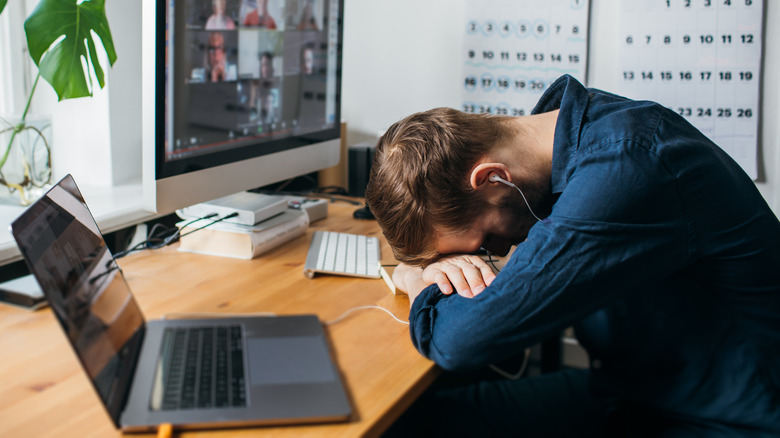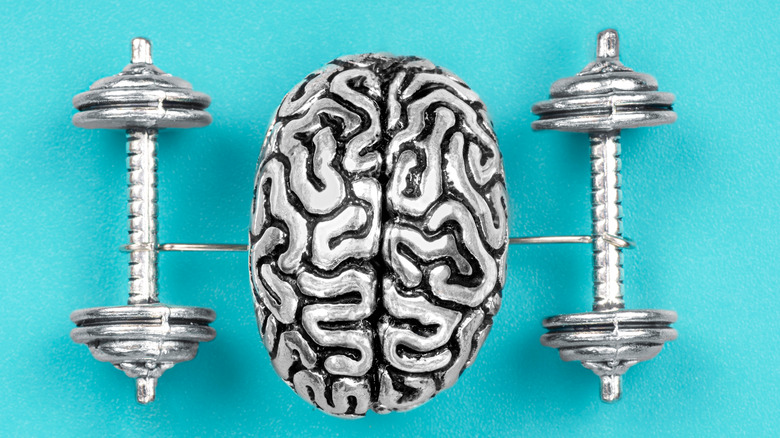Does Thinking Too Much Really Exhaust You?
After a long day of mental strain, many of us find ourselves exhausted and unable to accomplish much else, even if we haven't done a lot of physical activity. This feeling isn't just a coincidence. According to a study published in the Journal of Applied Physiology, there is a correlation between prolonged cognitive chores and lowered physical endurance. However, the connection between the two isn't that simple.
The study "Mental fatigue impairs physical performance in humans" by researchers Samuele M. Marcora, Walter Staiano, and Victoria Manning focused on connecting mental exhaustion and physical exhaustion by examining a group of people in a controlled environment and subjecting them to a series of tests. A portion of the participants played a computer game that tested their mental abilities and required more cognitive function. The rest of the participants watched educational documentaries.
Both groups were then asked to ride a stationary bike after playing the computer game or watching a documentary. Those who played the computer game stopped the endurance test before those who watched the documentary. Following the test, the volunteers filled out a questionnaire, and it was found that those who had exhausted themselves mentally became physically tired on the stationary bike much faster.
Increased mental strain can lower your endurance
The results of the study show that an increase in mental activity can lower a person's endurance because it actually raises their perceptions of effort. Those who had been working on the mentally challenging computer game felt that they were exerting more energy than those who had been watching documentaries. According to Discovery, a person performing strenuous mental activity burns through glucose more quickly. Glucose is a substance that the human body transforms into fuel, so when we have less of it at our disposal, we become tired faster.
When glucose levels drop, the body's ability to release dopamine into the system is decreased. "Dopamine plays a role in how we feel pleasure ... It helps us strive, focus and find things interesting," according to WebMD. So without the release of dopamine, a person won't feel as up to partaking in strenuous activity. In the study "Calculating utility: preclinical evidence for cost-benefit analysis by mesolimbic dopamine" (published in Psychopharmacology and posted at Springer Link), a connection between dopamine and goal-seeking is made. Those with lower levels of dopamine in their systems have lowered goal-seeking behaviors. So if after a long day of mental strain you find yourself exhausted, you're not alone.

